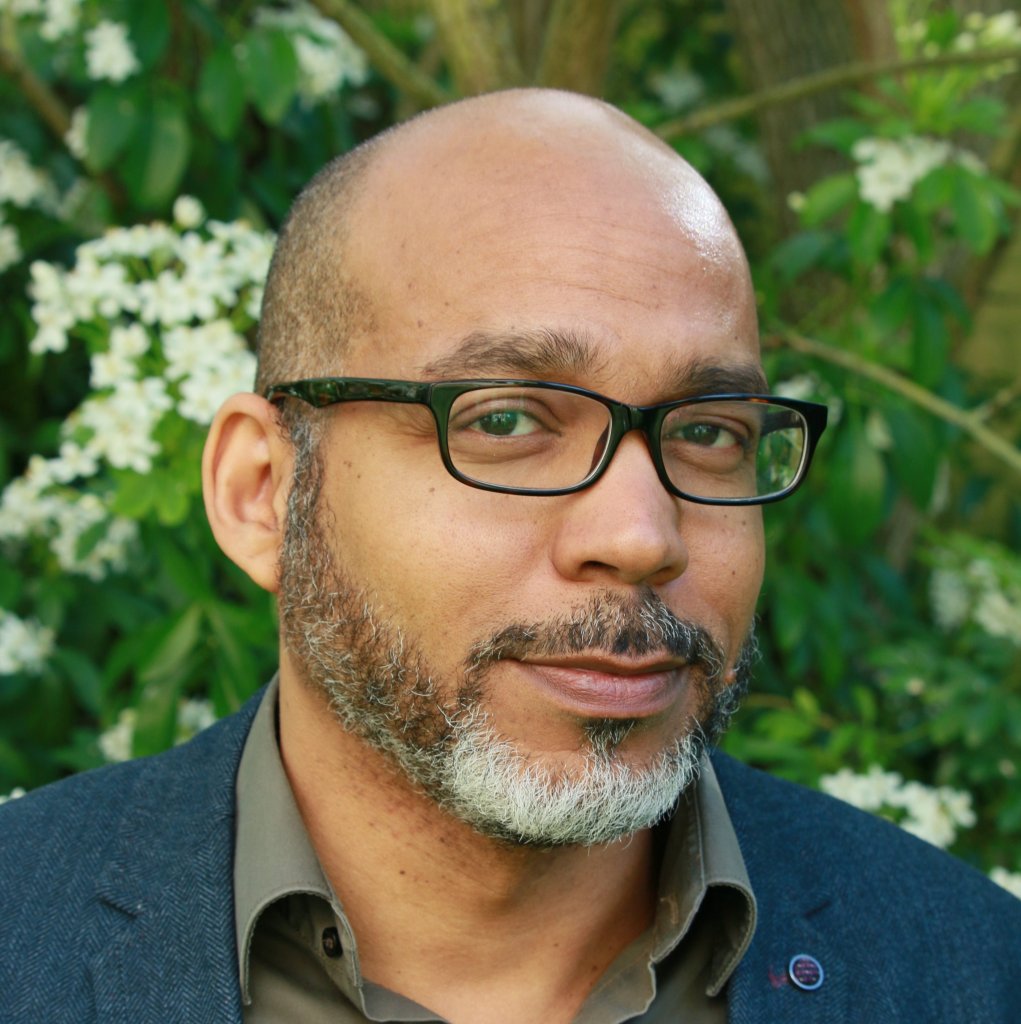
The State of Science Index is a global survey of 17 countries commissioned by 3M and conducted by an independent body. For those of us, supporting the global scientific consensus and lobbying for its impact on policymaking, there is cause to be encouraged.
Since the index began its annual surveys in 2018, this year reflects the highest levels of optimism in science. 89% say science gives them hope for the future a headline that will reassure many who were concerned about how scientific institutions would bare up under the intense scrutiny bought by the pandemic. It is also encouraging to see a sense of collective disquiet about the inequity in careers in science and technology. There are calls for more women and greater access for all demographic groups to the benefits of science – a tacit acknowledgment that this has not been the case so far.
There are however, a number of issues that reveal the story is far from over and indeed, we may not yet have learnt the lessons of the pandemic.
Some might point out the awkwardness of the scientific community turning to the tech industry to assure ourselves that our standing in the world is on the rise. But the methods appear to be sound and there is value in local surveys of this kind.
Previous studies suggests that the confluence of political, cultural and economic factors which determine people’s perceptions of science are overwhelmingly experienced locally and we should be wary of extrapolating global narratives. For instance, three of the four countries from Europe included in the survey (France, Germany and Poland) have levels of optimism below global averages. This is not a simple story of ever increasing confidence for nations across the globe.
First, it is worth addressing the more obvious gaps in the data. The index has sensibly extended by three countries this year. However, there are still no countries from Africa included. This is understandable but is a glaring omission for an exercise so concerned with the themes of equity and sustainability. We have got to model the transformation we call for.
Then we come to the statistics behind the feel-good narrative. There are 36% of respondents who say that science has made no difference in their lives. In fact, this is a clear and persistent 20% of responses which reflect pessimism or cynicism about science generally. (The report’s own take on this is revealing, observing that scientific skeptisim is down from pre-pandemic levels of 35% to 27%, considering the scale of disruption and collective effort, this shift feels modest.) This is clearly a minority, but it is also a constituency deeply invested in their position socially and politically. This constituency was behind some of the greatest failings of the global pandemic. From global powerhouse democracies like the US and Brazil to the more idiosyncratic administrations like Tanzania or Belarus. In fact, what the history of COVID in countries like these reminds us, is that we must think about science’s engagement, not only in terms of a mythical homogenous public, but instead as multidimensional, even contradictory, constituencies.
The reticence of certain groups will have considerable leverage when we are expected to adapt behaviour or make policy decisions in the face of uncertainty and a quickly evolving scientific consensus. We might argue, as with the fluctuating vaccine hesitancy in Western Europe that it will be all fine in the end. But has all really ended well if we are not clear what percentage of the 3.7 million deaths globally can be attributed to misinformation? Similarly, do we know how small of a minority a dangerous take on the science needs before it becomes effectively harmless?
Another statistic worth some consideration is that more people trust a healthcare professional than a scientist. This was across all age groups and both genders. The reason seems pretty obvious when presented in data like this – familiarity and practiced communication breed trust. How then, is this insight reflected in the work of institutions that are expected to uphold and champion scientific endeavour locally and globally?
In the coming months, ISC will be launching a project on the public value of science – examining the science of public engagement, supporting efforts with media partners and piloting initiatives with partners. Watch this space, as they say.

Nick has worked as a journalist, media trainer and project manager for nearly 30 years in sub-Saharan Africa and South Asia. He founded the consultancy group Media for Development and was Head of Research Communication at the Institute of Development Studies for five years.
Photo by Christian Kapeller on Unsplash